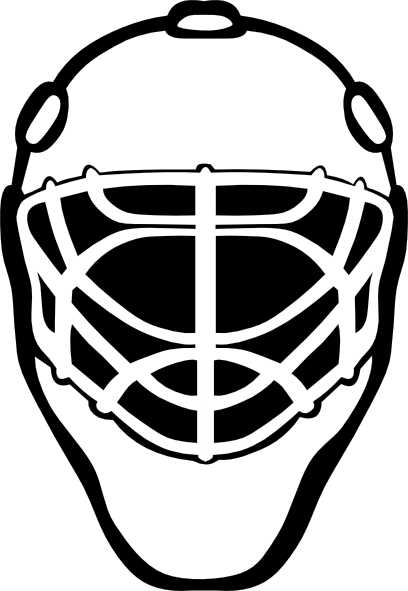"We need to stop treating people as if they are bad", this was the advice of Todd Whitaker at last year's NASSP conference, as well as during his keynote at the RIASP summer conference the summer before. Immediately, I agreed. Intrinsically, I knew. I knew that in far too many places, in our culture, in our institutions, in our politics, in myself; a unjustified culture of fear had disconnected us from one another. Sadly, I also knew that it had also had its effect on me as an educator. "Kids are up to no good, people not doing their part, things are going to go wrong, etc..." these thoughts pervaded my consciousness. The worst part- there was no evidence to suggest that any of it was true. Actually, when I looked: 99.9% of my students were doing the right things, my faculty and staff were (and are) committed to excellence, the community overwhelmingly supported and celebrated our school. Thanks to Mr. Whittaker's advice, I recognized the grip the culture of fear had on me, and I am pleased to say it has slowly loosened. I am that once again I am able to see what is the reality in my school; GREAT KIDS, GREAT TEACHERS, GREAT COMMUNITY.
Unfortunately, I cannot help but see that the culture of fear is invading again. The assumption that people are bad, and need to be proven good (in spite of existing data) has come to education in the form of evaluation systems based on standardized testing. Now I believe that everyone, every position, every school, should be evaluated (I am one of those leaders who looks forward to NEASC visits and measuring myself and my school against world class standards). However, educators across the nation are being asked to spend countless hours making sure that other educators (regardless of level skill, previous evaluations, student input, portfolio of evidence, or other existing data) spend countless hours documenting to prove that they are indeed good enough. And even if the evidence collected proves best practices are in place with outstanding levels of student engagement, it might not matter if the test scores are not up to par.
How many hours/days/weeks/months have you lost succumbing to the latest incarnation of the culture of fear? Time to shift that monkey...

